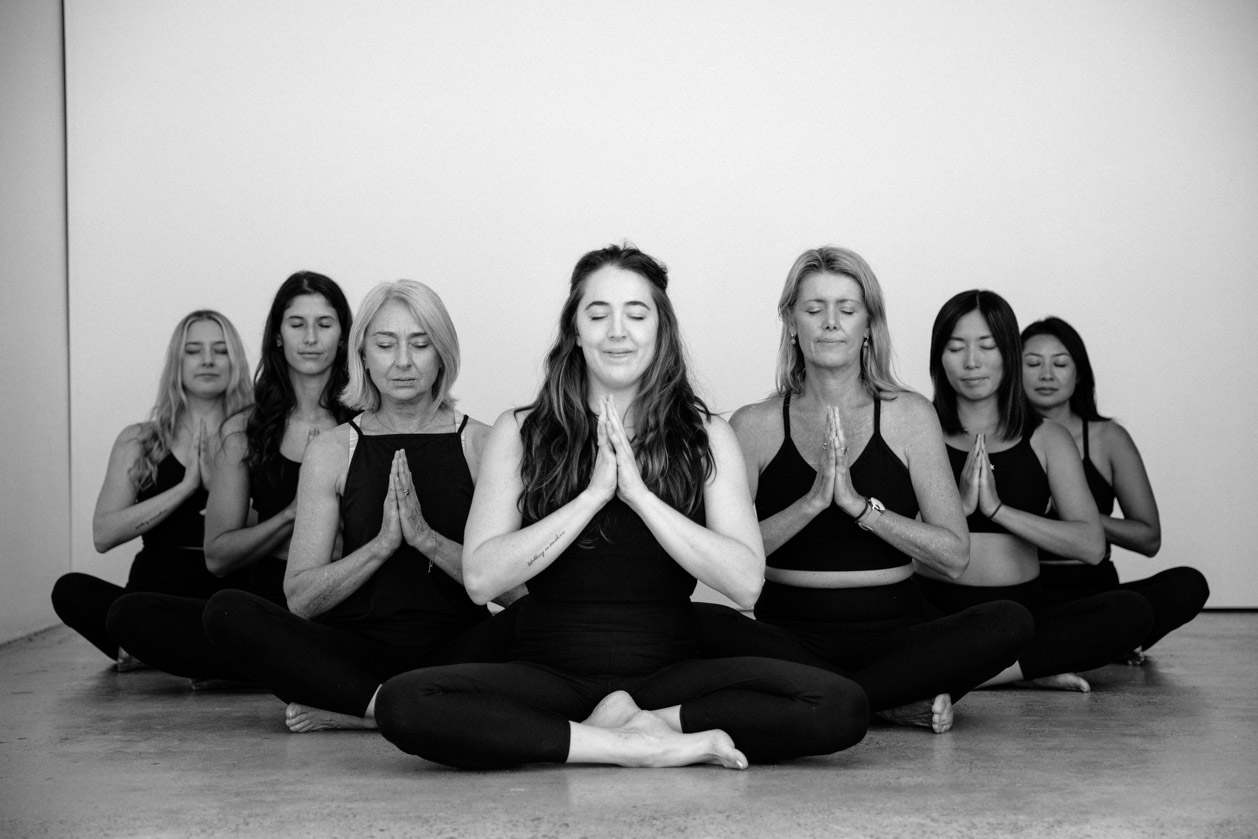In the transformative journey of Yoga, the asanas (the exercises) often take all the limelight. Yet, within the practice of Yoga there is a wonderful (potentially life-changing) practice, we are talking about meditation.
Whether you’re brand new to the practice of meditation, or you’re an avid Yogi, doing your Yoga Teacher Training or already teaching, the following scientifically researched articles will create even more motivation for you to tick off your meditation practice.
Not only can meditation boost our mental health, but it can also make our brains sharper, help us sleep better, and even improve our heart health.
Key benefits of Meditation that are Backed by Research:
- Boosts mental health
- Reduces stress
- Enhances brain functions
- Improves sleep quality
- Promotes heart health
But we know some people prefer the science backing as proof stand the great thing, we didn’t need to look too hard to find the research! The following studies are an exciting testament to the potential impact that this ancient (yet simple) practice can have on our modern lives.
If your goal is to teach Yoga, these insights will empower you to infuse your teachings with the science-backed benefits of meditation.
Inspire your Meditation Practice with science backed research
Improved Mental Health and Well-being in Children and Adolescents
Research published in “The Journal of Child Psychology and Psychiatry” in 2019 suggested that mindfulness-based interventions, such as meditation, can improve mental health and well-being in children and adolescents (Dunning et al., 2019).
Find the journal article of here.
Meditation can affect Behavior and Anxiety
In a study from 2015, scientists looked at previous research to see how meditation and Yoga can change how the brain works. They used information from brain scans and other tools that record brain activity. Their study suggests that when we meditate, it may release certain chemicals in our brain that can help manage mental health conditions like anxiety.
Read more science-y stuff over here!
Combating Loneliness in Older Adults
A study published in “Mindfulness” in 2020 suggested that an 8-week mindfulness meditation program could reduce feelings of loneliness and increase social contact among elderly individuals (Lindsay et al., 2020).
Improving Mental Health with Mantra Meditation
Researchers looked at many different studies to understand the overall impact of this mantra style of meditation on mental health. They found that using a mantra (a word or phrase repeated during meditation) can be really helpful for improving mental health.
Stress Reduction with Meditation
The most widely recognised benefit of meditation is its capacity to reduce stress. A study led by Dr. Elizabeth Hoge, a psychiatrist at the Massachusetts General Hospital, showed that the practice of mindfulness meditation helped calm anxiety symptoms in people with generalised anxiety disorder, reducing stress markers in the blood (Hoge et al., 2013).
8 Weeks to a Better Brain
In a study conducted by Harvard researchers, it was found that practicing mindfulness meditation for eight weeks can actually change the structure of the brain. The participants showed an increase in the brain areas related to learning, memory, and emotional regulation. This means that meditating for just two months could help improve your ability to learn, remember things, and manage your emotions.
Meditation and Cardiovascular Risk Reduction
According to research by the American Heart Association, meditation could play a role in reducing heart disease. While it shouldn’t replace traditional treatments, the practice can be considered a helpful addition. The researchers highlight that different types of meditation might be beneficial for reducing cardiovascular risk, like lowering blood pressure and stress.
Meditation to Promote Better Sleep
In a systematic review and meta-analysis of various randomised controlled trials, researchers looked at the impact of mindfulness meditation on sleep quality. They found that practising mindfulness meditation can help improve the quality of sleep. This means that meditation could be a useful tool for people struggling with sleep issues, such as insomnia.
Get reading for a night of better sleep!
As you can see from these many research studies, science backs up the benefits of meditation. From improving mental health, to promoting better sleep and reducing stress, meditation proves to be a powerful tool. It’s exciting to think that this simple practice can have such significant effects on our well-being!
The next time you sit down to meditate, remember, you’re not just calming your mind, you’re also contributing to your overall health and it’s all backed by science!
Always merrymaking,
Emma + Carla

